1921 (Taisho 10) Saturday, November 5 The Takashi Hara cabinet resigned en masse. Prime Minister Takashi Hara was assassinated at 7:25 PM on the concourse at the south exit of Tokyo Station. He was 65 years old. In response to this emergency, Foreign Minister Uchida (Yasuya) assumed the post of Acting Prime Minister. The next morning, an extraordinary cabinet meeting was held, and the resignations of all cabinet members were put together and immediately submitted to the Imperial Palace.
The decision method of the prime minister at that time was recommended and decided by a certain important politician called Genro in the form of consulting with the Emperor. The three Genro at that time were Aritomo Yamagata (83 years old), Masayoshi Matsukata (87 years old) and Kinmochi Saionji (71 years old). At that time, Yamagata first urged Kinmochi SAIONJI himself to form a cabinet, but Saionji declined and recommended Korekiyo TAKAHASHI, who was a senior member of the Seiyukai, the same party as Takashi HARA. Two other elder statesmen, Aritomo Yamagata and Masayoshi Matsukata, agreed to form the 20th Prime Minister on November 13.
Takahashi Korekiyo was born on September 19, 1854, 2 years older than HARA Takashi. I was 67 at the time. At the same time, he became the fourth president of the Rikken Seiyukai Party, but because of his sudden appointment, the Seiyukai fell into confusion and intraparty conflict intensified. The following year, on June 12, 1922 (Taisho 11), Korekiyo Takahashi’s cabinet resigned en masse, ending with a short-lived cabinet of only 8 months.
By the way, Hara’s sudden assassination was a big shock for Aritomo Yamagata. Yamagata disliked party politics and continued to be an obstructionist to democracy, but in his later years he was deeply enamored of Takashi Hara’s abilities and placed great trust in Hara because Hara saved Yamagata from a crisis that he himself was in when he was involved in a certain serious incident in the Imperial Court. After Hara was assassinated, I was so shocked that I dreamt about the scene. Describing Hara, Hara was such a great man, and Japan would not be able to survive if such a man were killed on purpose. “.
Prime Minister Hara Takashi was assassinated at Tokyo Station on November 4, 1921 (Taisho 10). The next day, his private secretary, Gokichi MATSUMOTO, took the first train to Odawara and told Yamagata about the situation in detail. Yamagata returned to ‘Kokian’ on November 3 and developed a fever until he reached 37.9 when he was informed by telephone yesterday of Hara’s assassination by Minister of the Interior Matsukata. He said to Matsumoto, ‘I feel very sick,’ probably because he thought about various things. Yamagata cried saying that Hara was’ killed by the vulgar faction of the Seiyukai Party and its thieves’ and that “It is very regrettable that Hara could see that Hara was a loyalist and the Imperial family at the center.”.
Although Yamagata still had a fever of around 37 degrees, he had a meeting with elder statesman Kinmochi SAIONJI on the 8th at ‘Kokian’ while having a home-cooked lunch of ‘Mrs. Sadako.’. Yamagata strongly recommended Saionji to form a cabinet, but Saionji did not accept it. In the end, on the 10th, Saionji proposed to recommend Finance Minister Korekiyo TAKAHASHI as a successor prime minister, and Matsukata agreed. The next day, on the 11th, his secretary, Kanichi IRIE visited ‘Kokian’ and told Yamagata about this, and it seems that Yamagata said, ‘This is an extension of the thieves again,’ because Saionji and Matsukata talked about this and made a decision.
Matsumoto listens to a story told to his butler by a military doctor who was attending Yamagata’s treatment. According to the report, Yamagata woke up in a loud voice on the 8th, saying, “What, stupid, kill me, stupid, stupid?” and “Matsumoto, Matsumoto”. It is said that Yamagata said to the army surgeon at that time, “I just had a dream about killing Hara. Hara was such a great man. Having such a person killed on purpose is nothing for Japan.”.
Yukio Ito, “Yamagata Aritomo: The Life of a Gutai Powerful Person,” Bunshun Shinsho, 2009,452 p. -454
The assassination of Takashi Hara set the stage for Japan to take a dark path. Dr. Yukio Ito says Hara’s funeral was the beginning of the road to the sunset for the development of sound Japanese diplomacy and party politics.
With the death of Takashi Hara, Saionji became the last Genro. If Hara had lived, Emperor Showa would have had a suitable adviser in the subsequent history. In the Showa period, Kinmochi SAIONJI, as the only elder statesman, made efforts to put Japan’s immature party politics on track. If Hara had helped Saionji as a Genro (elder statesman), Japanese history would have changed greatly. Emperor Taisho passed away, and Emperor Showa, who ascended the throne at the age of only 25, was politically inexperienced.
Emperor Showa, who was a young man in the early Showa period, acted inappropriately one after another. In the monologue of the Emperor Showa, he looked back on it by himself, saying, “It is a matter of youthful indiscretions,” but there were responses to the assassination of Zuolin ZHANG in 1929, refusal to listen to the report on the London Naval Treaty in 1930, and above all, lenient responses to the Japanese army’s arbitrary border crossing in the Manchurian Incident in 1931.
Emperor Showa needed the advice of mature and influential people like Takashi HARA. However, Saionji, the only Genro (elder statesman), was old and inactive, and the close aides of the Imperial Court who served him were not as mature as Hara, and his advice to the Emperor was inappropriate. The cost was so great that Emperor Showa was distrusted by the military and failed to establish control over it.
When Emperor Showa lost his influence on the military, the cabinet lost control of the military and could not stop the Manchurian Incident from spreading. Takashi Hara was quick to recognize the importance of the rising power of the United States, and from an early stage he placed particular emphasis on Japan-U.S. relations. However, when the all-out war between Japan and China began in 1937 12, relations with the United States deteriorated considerably. The Sino-Japanese War paved the way for the Asia-Pacific War, which also antagonized the United States and Britain.
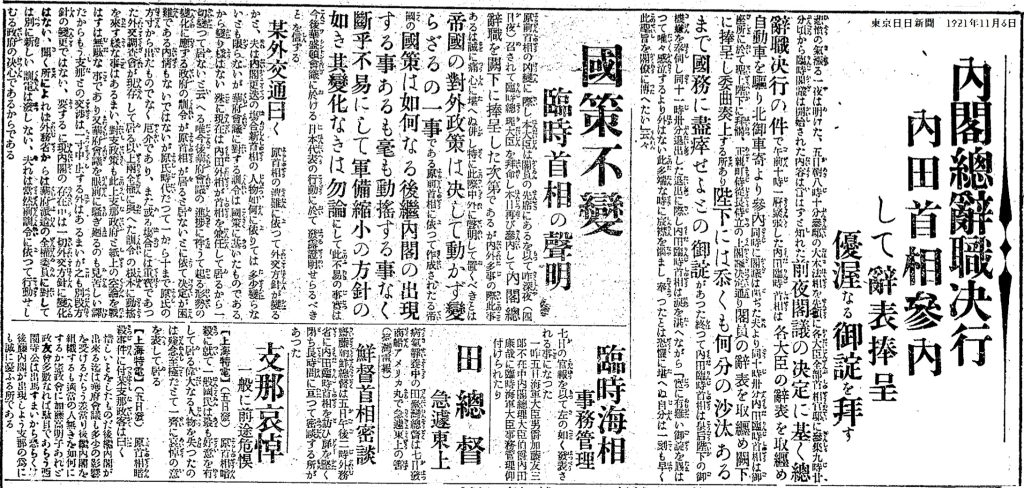
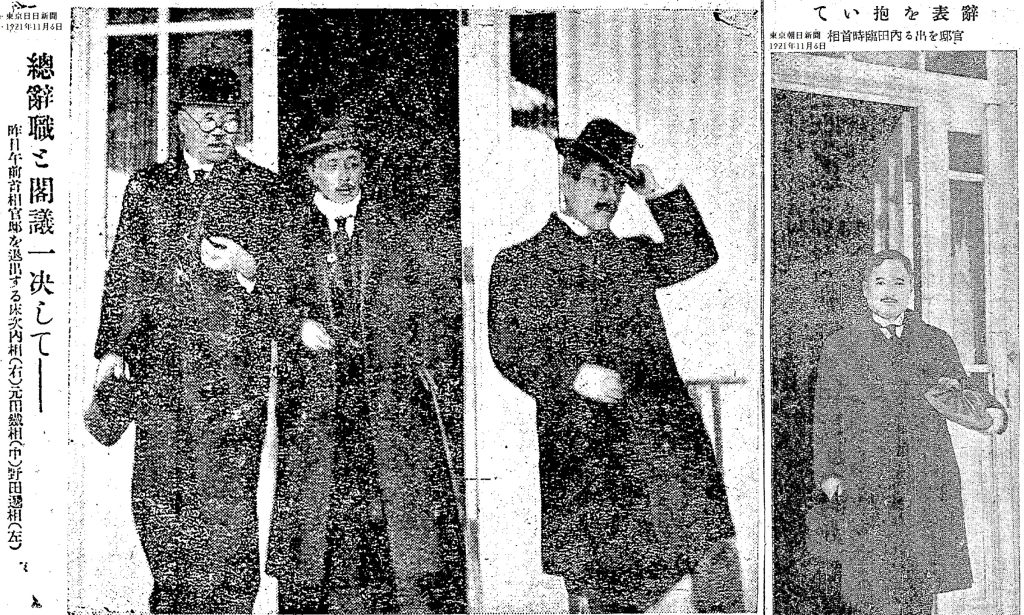
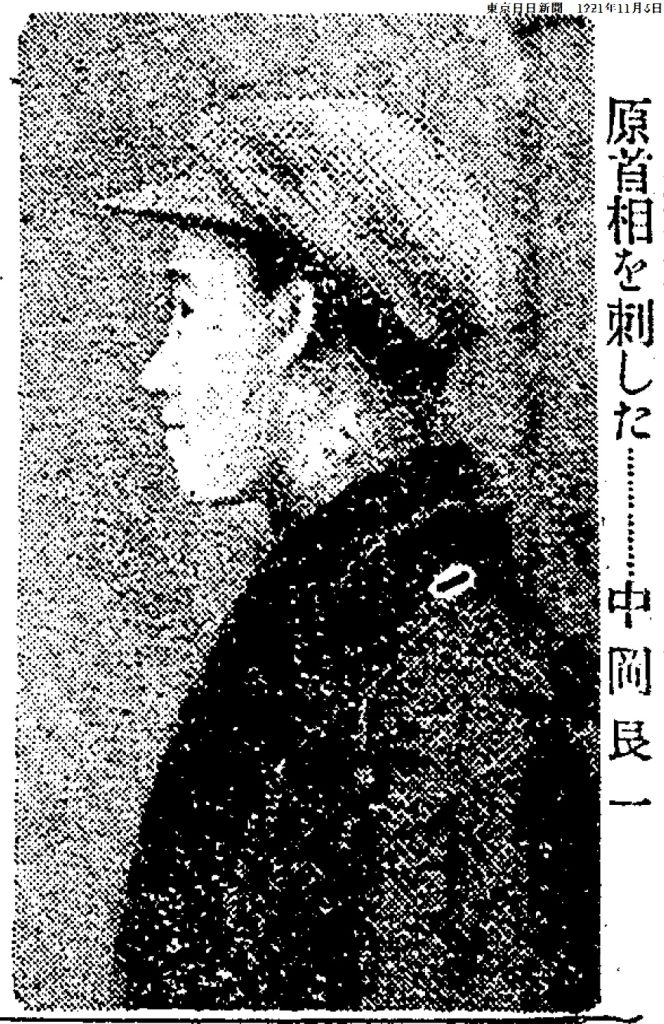
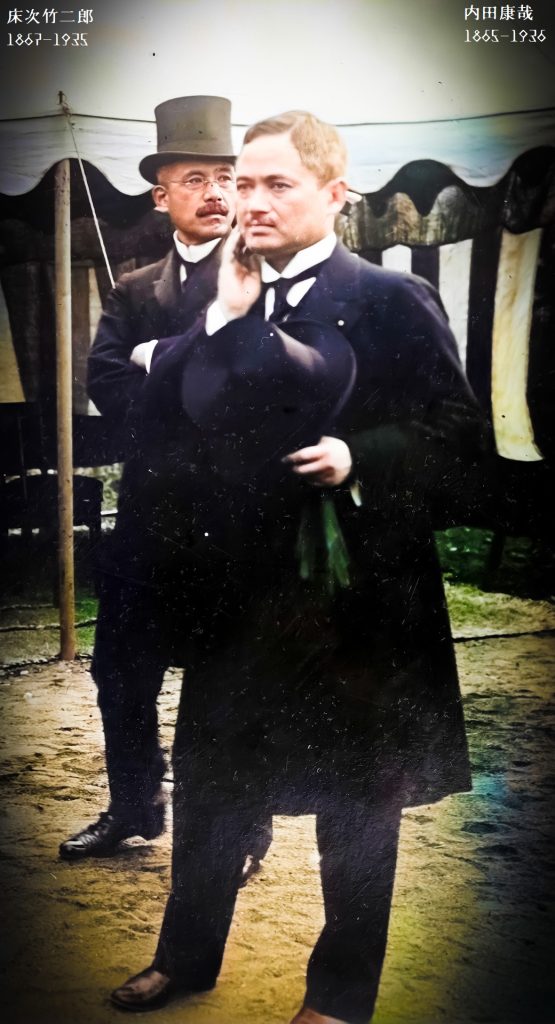

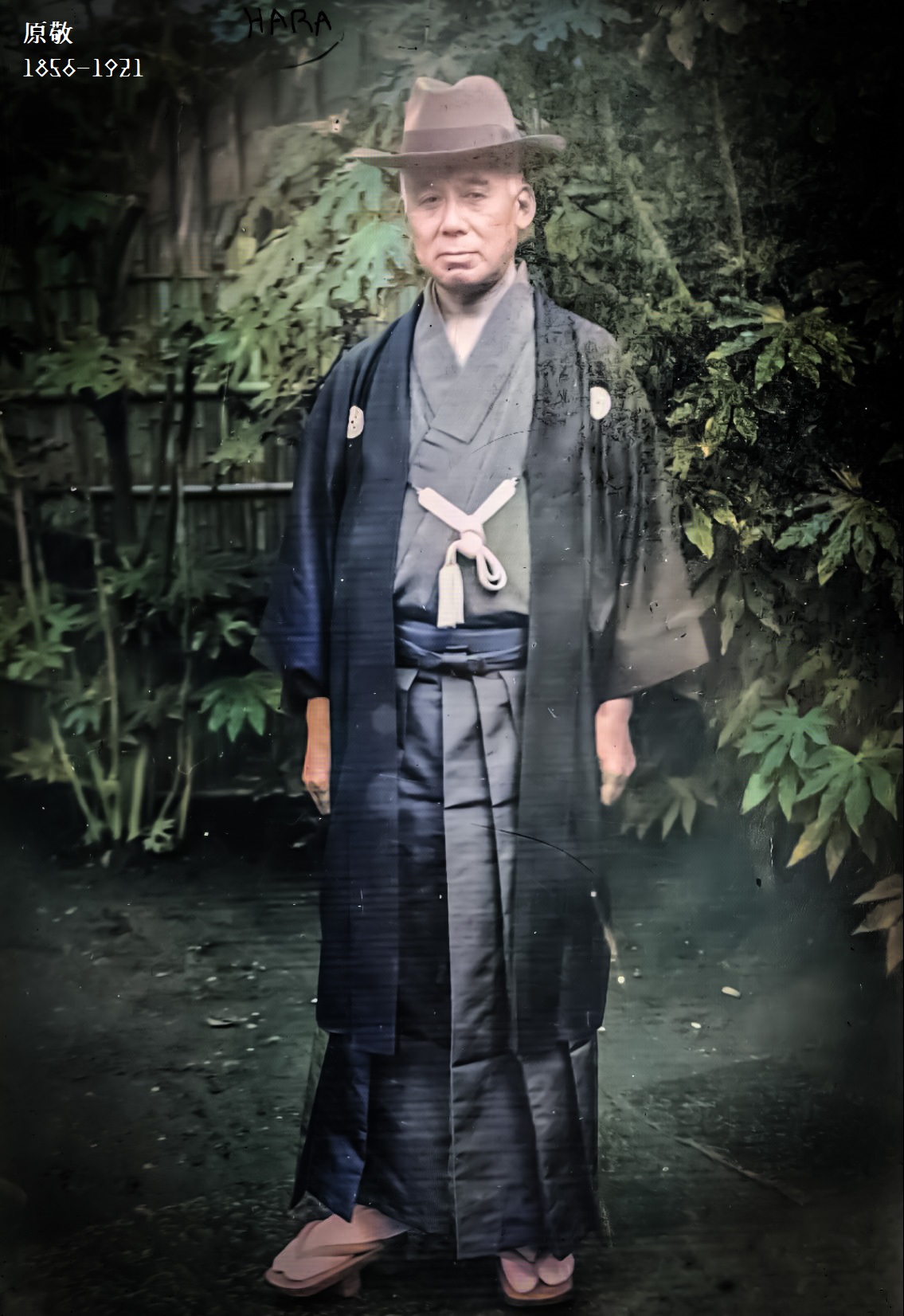
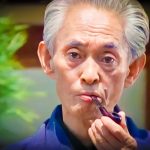
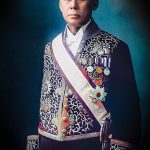
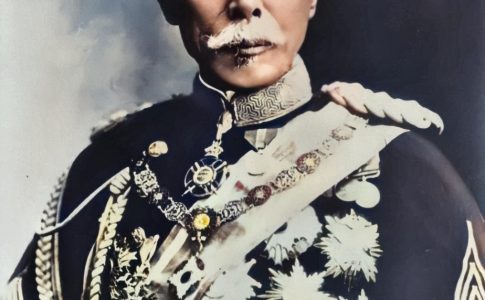
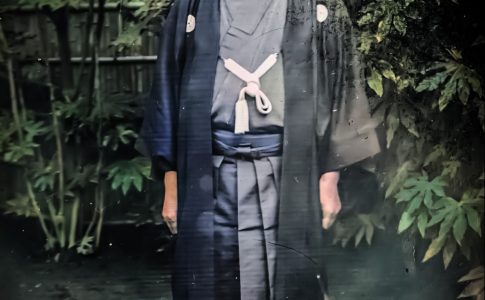
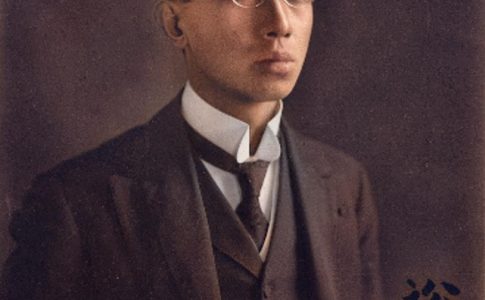
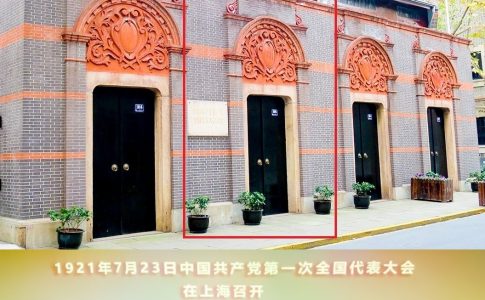
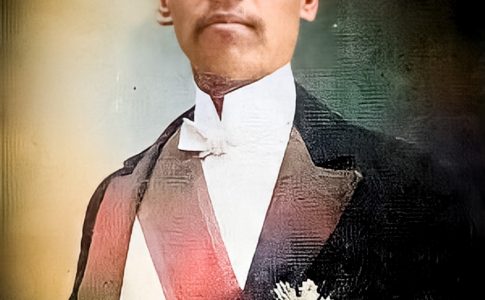
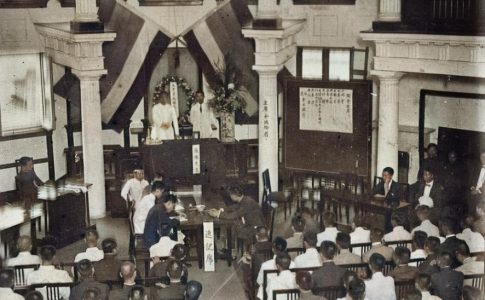
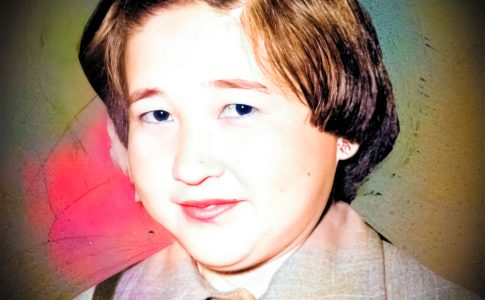
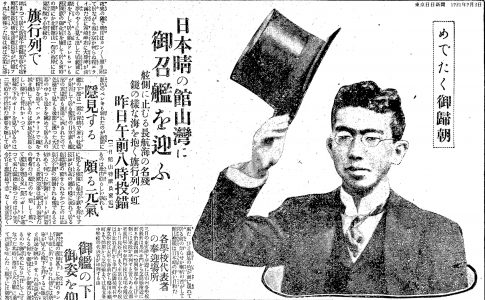
Leave a Reply